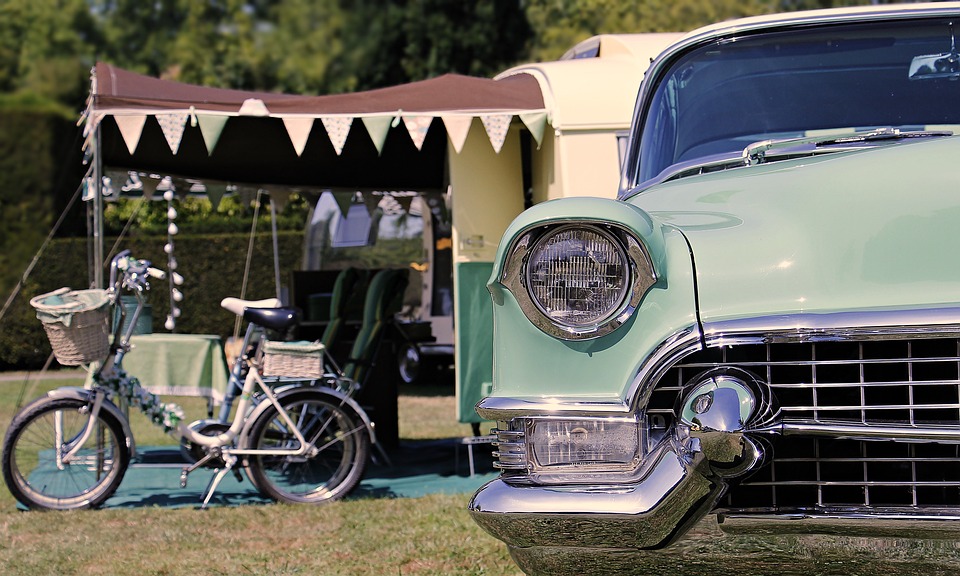Table of Contents
Introduction
Camping is a wonderful outdoor activity that allows you to reconnect with nature and spend quality time with friends and family. For novice campers, it’s important to be well-prepared and equipped with the right knowledge. In this article, we will provide you with essential tips and tricks to make your camping experience enjoyable and stress-free.
Choosing the Right Campground
Before embarking on your camping trip, it’s crucial to research and choose the right campground. Consider factors such as location, amenities, and the activities offered at the campsite. Look for reviews and recommendations from experienced campers to help you make an informed decision. This will ensure that you have a pleasant and comfortable camping experience.
Packing the Right Gear and Supplies
Packing the right gear and supplies is essential for a successful camping trip. Make a checklist of all the essential items you will need, including a tent, sleeping bags, camping stove, cooking utensils, flashlights, and bug repellent. It’s also important to pack appropriate clothing and footwear for varying weather conditions. Don’t forget to bring enough food and water for your stay, as well as any necessary medications.
Setting Up Camp
Once you arrive at the campground, choose a suitable spot to set up your camp. Look for a level and dry area away from trees and any potential hazards. Ensure you have enough space for your tent, cooking area, and seating. Familiarize yourself with the campground’s rules and regulations regarding campfires, waste disposal, and quiet hours. Follow these guidelines to ensure a safe and enjoyable camping experience for everyone.
Fire Safety
Building a campfire is an integral part of the camping experience. However, it’s crucial to practice fire safety to prevent accidents and minimize the risk of wildfires. Only build fires in designated fire pits or areas, and make sure the fire is completely extinguished before leaving it unattended. Keep a bucket of water or sand nearby to help you quickly put out the fire if needed. Remember to respect the environment and not damage any trees or vegetation when gathering firewood.
Leave No Trace
One of the principles of responsible camping is to leave no trace. This means leaving the campsite as you found it, without leaving any garbage or traces of your stay behind. Pack out all trash and dispose of it properly, either in provided trash bins or by taking it with you. Respect wildlife and do not approach or feed any animals. Minimize your impact on the environment by using eco-friendly products and avoiding excessive noise.
Outdoor Safety
Being prepared for outdoor safety is vital during your camping trip. Make sure to carry a first aid kit and know how to use it. Familiarize yourself with basic first aid procedures such as treating cuts, burns, and insect bites. Be aware of potential hazards such as poisonous plants, wildlife encounters, and unstable terrain. It’s also advisable to inform someone about your camping plans, including the duration of your stay and your expected return date.
Frequently Asked Questions
Q: How do I choose the right-sized tent?
A: Consider the number of people camping and the desired space inside the tent. Look for tents that offer slightly more capacity than the number of people to accommodate gear and provide ample room to move around.
Q: What should I do if it rains during my camping trip?
A: Make sure your tent is properly waterproofed and sealed. Pack extra tarps to create additional coverings above and underneath your tent. Bring rain gear such as jackets, boots, and waterproof bags to keep your belongings dry.
Q: How can I protect myself from insects and bugs?
A: Apply bug repellent containing DEET or other recommended ingredients to exposed skin and clothing. Consider purchasing a mosquito net for your tent and bring citronella candles or insect repellent coils to deter bugs.
Q: Can I bring my pet camping?
A: Some campgrounds allow pets, while others have restrictions or specific pet-friendly areas. Before bringing your pet, check the campground’s rules and ensure your furry friend is well-behaved, vaccinated, and leashed at all times.
Q: What cooking equipment do I need for camping?
A: Essential cooking equipment includes a camping stove or grill, pots and pans, utensils, plates, and cutlery. Don’t forget to bring a cooler for perishable items and consider using disposable or biodegradable alternatives to minimize waste.




